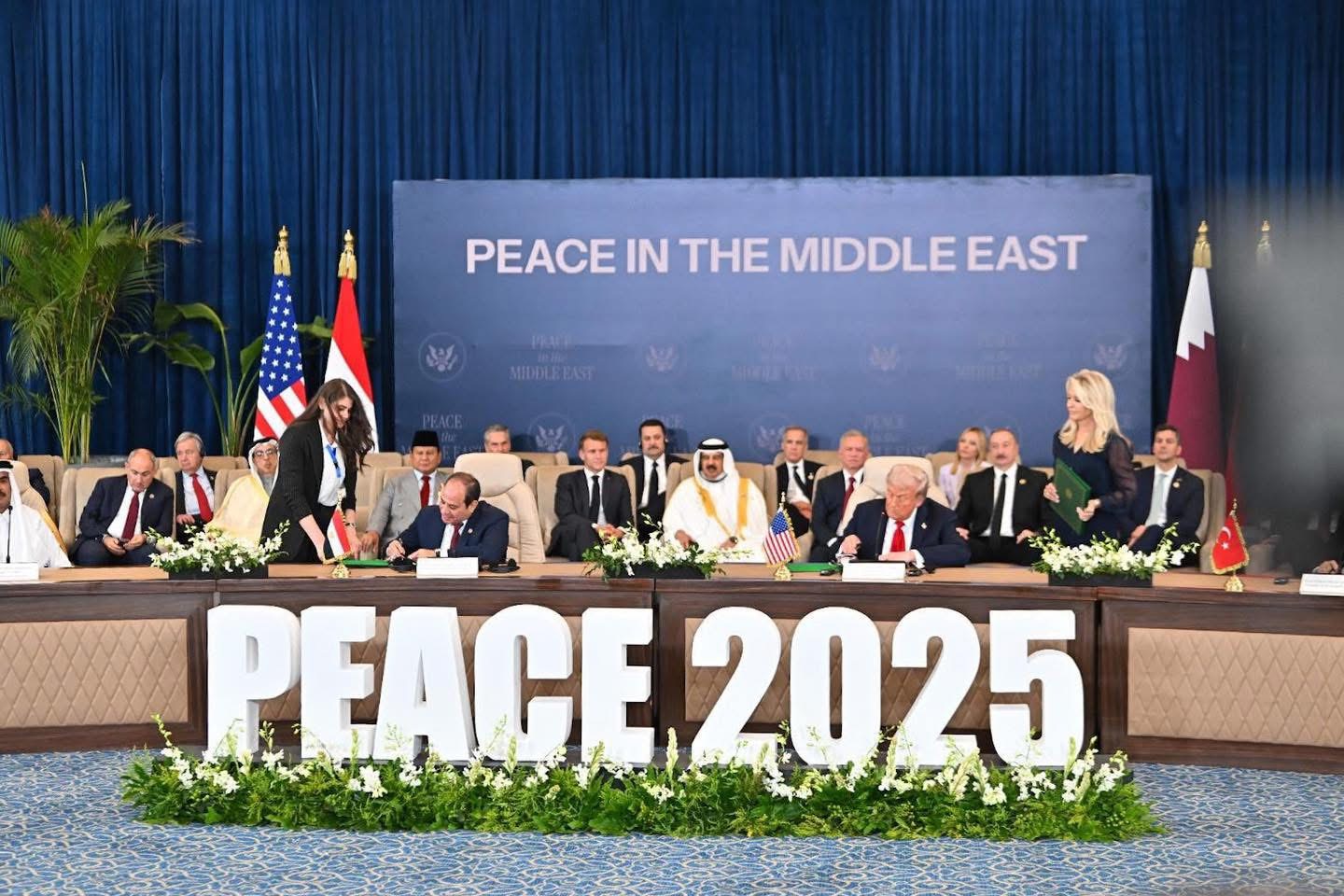The Gospel was never meant to be a retreat from the world. God calls His Church to join Him in renewing it. He does not tolerate injustice; He opposes it. He does not accept suffering; He heals it. The cross of Christ stands as a promise that one day pain and oppression will end, but until that day the Church must work for justice and peace.
This is what the Episcopal Church in Alexandria has sought to do in supporting Egypt’s leadership at the Sharm El-Sheikh Peace Summit. Under Archbishop Dr. Sami Fawzy, the Church has affirmed efforts to calm violence, build dialogue, and pursue reconciliation. It is not political posturing but faithful witness. To pray for peace and to act for justice are not signs of weakness — they are signs of discipleship.
The Church’s task is not to take sides in every conflict but to embody another way. The suffering in Israel and Gaza is immense, and both sides bear guilt. Yet amid the grief, the Church must hold fast to Christ’s command: “Blessed are the peacemakers, for they shall be called children of God.”
In the Anglican tradition, faith and public life belong together. Across Africa and the Global South, the Church has a vital role in reconciliation — speaking truth, defending the vulnerable, and building bridges where the world builds walls. When we work for justice and peace, we become signs of God’s new creation breaking into a broken world.
The statement from Alexandria reminds us that this is who we are: a people of prayer, reconciliation, and hope. God is still renewing His creation — and He calls His Church to help Him do it.


Leave a Reply